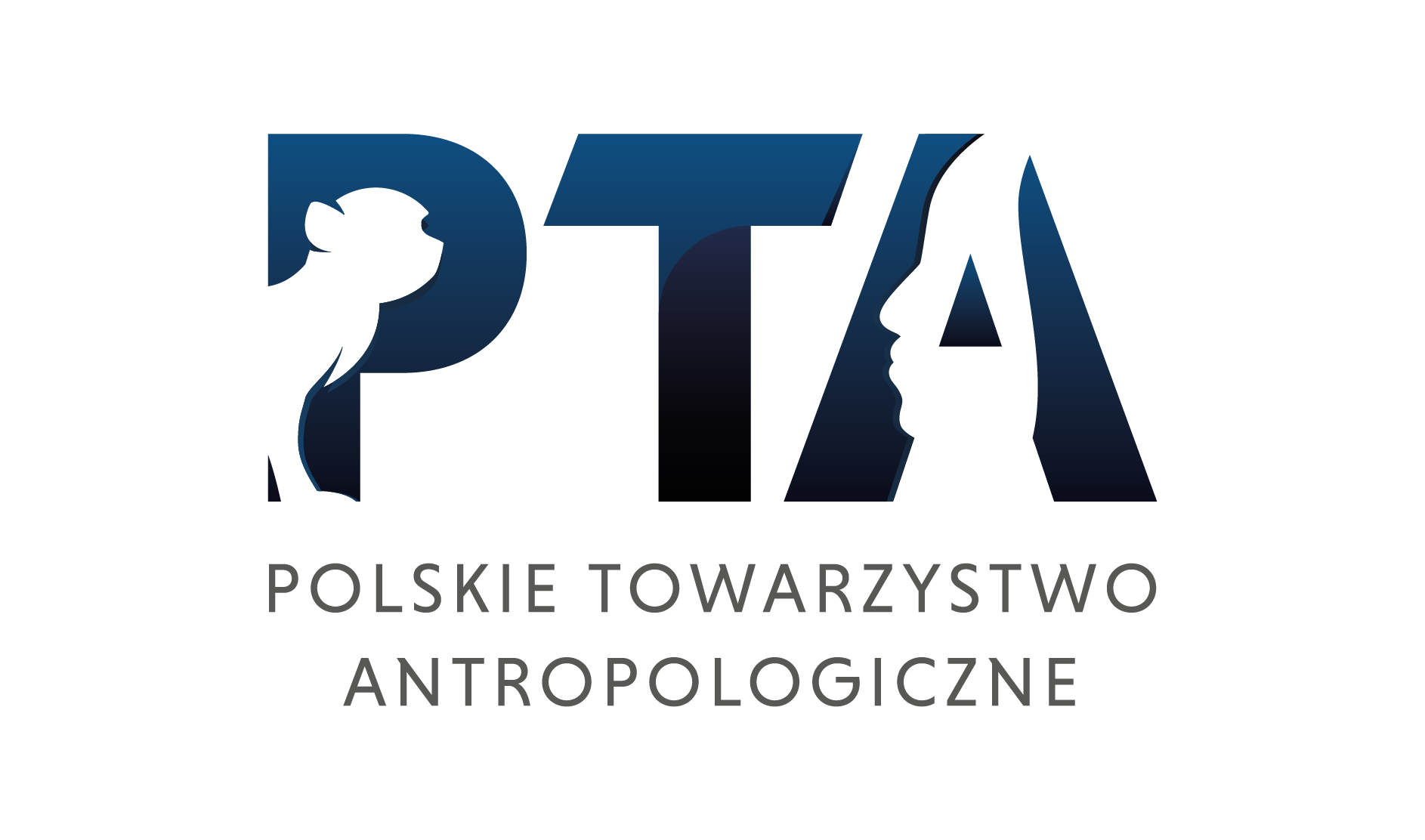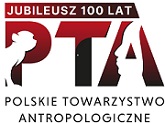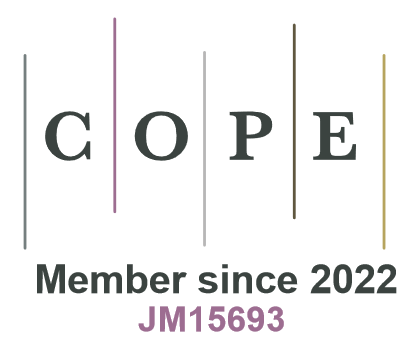The incidence and extraction causes of third molars among young adults in Poland
DOI:
https://doi.org/10.2478/anre-2019-0018Keywords:
third molar, tooth eruption, tooth extraction, dentitionAbstract
Despite many years of observation, the issue of third molars is still open for discussion. Among human teeth, third molars vary the most in number and morphology, which results from genetic changes and environmental factors affecting the evolution of the human dentition. This research aims to study various aspects of third molars in the population of young Poles, such as the incidence, time of eruption and causes of extraction in men and women. The analyses consider the socio-economic status of the respondents, including the frequency of visits to the dentist. Eight hundred students, aged 19–25 (14.4% of men and 85.6% of women) of the universities located in Wroclaw, Poland, took part in an online questionnaire survey. The incidence of third molars was smaller in the women (32.4–34.9%) than in men (47.8–56.5%) (p<0.001). For both sexes, the most frequent causes of extraction were abnormal tooth position (29.6–54.5%) and orthodontic treatment (15.5–27.3%). Both incidence and causes of extraction were related for all the examined pairs of teeth (upper–lower teeth and right–left teeth). The men (17.94–18.49 year) and women (18.42–18.83 year) did not differ in the mean age of their third molars’ eruption. The men visited the dentist less often than the women did (p<0.001). The study presents original research and confronts it with published results. Despite the limitations of an online survey, the results can contribute to more advanced research conducted on a larger scale. In particular, more detailed research is recommended for the Polish population, for which such studies are scarce.
Downloads
References
Aida J, Ando Y, Akhter R, Aoyama H, Masui M, Morita M. 2006. Reasons for permament tooth extractions in Japan. J Epidemiol 16:214–19.
View in Google Scholar
Al-Ani A, Antoun J, Thomson W, Merriman T, Farella M. 2017. Hypodontia: an update on its etiology, classification, and clinical managemen. BioMed Res Int 1–9 (Article ID 9378325, doi:10.1155/2017/9378325).
View in Google Scholar
Almonaitiene R, Balciuniene I, Tutkuviene J. 2010. Factors influencing permanent teeth eruption. Part one – general factors. Stomatologija 12:67–72.
View in Google Scholar
Biedziak B. 2004. Etiologia i występowanie agenezji zębów – przegląd piśmiennictwa. Dent Med Probl 41:531–35.
View in Google Scholar
Bolanos M, Moussa H, Manrique M, Bolanos M. 2003. Radiographic evaluation of third molar development in Spanish children and young people. Forensic Sci Int 133:212–19.
View in Google Scholar
Bouloux GF, Steed MB, Perciaccante VJ. 2007. Complications of third molar surgery. Oral Maxillofac Surg Clin North Am 19(1):117–28.
View in Google Scholar
Byahatti S, Mohammed S, Ingafou I. 2011. Prevalence of eruption status of third molars in Lybian students. Dent Res J 9:152–57.
View in Google Scholar
Carter K, Worthington S. 2015. Morphologic and dermatographic predictors of third molar agenesis: a systematic review and meta-analysis. J Dent Res 94:886–94.
View in Google Scholar
Celikoglu M, Miloglu O, Kazanci F. 2010. Frequency of agenesis, impaction, angulation, and related pathologic changes of third molar teeth in orthodontic patients. J Oral Maxillofac Surg 68:990–95.
View in Google Scholar
Chiapasco M, De Cicco L, Marrone G. 1993 Side effects and complications associated with third molar surgery. Oral Surg Oral Med Oral Pathol 76(4):412–20.
View in Google Scholar
Contar CM, de Oliveira P, Kanegusuku K, Berticelli RD, Azevedo-Alanis LR, Machado MA. 2010. Complications in third molar removal: A retrospective study of 588 patients. Med Oral Patol Oral Cir Bucal 15(1):e74–8.
View in Google Scholar
Costa MG, Pazzini CA, Pantuzo MC, Jorge ML, Marques LS. 2013. Is there justification for prophylactic extraction of third molars? A systematic review. Braz Oral Res 27(2):183–88.
View in Google Scholar
Daito M, Tanaka T, Hieda T. 1992. Clinical observations on the development of third molars. J Osaka Dent Univ 26:91–104.
View in Google Scholar
Deliverska EG, Petkova M. 2016. Complications after extraction of impacted third molars- literature review. J of IMAB. 22(2):1202–1211(DOI: 10.5272/jimab.2016223.1202).
View in Google Scholar
Dyrkas M, Jankowska K, Czupryna S. 2003. Ocena częstości występowania zaburzeń rozwojowych zębów u pacjentów leczonych w Katedrze Ortodoncji Instytutu Stomatologii Uniwersytetu Jagiellońskiego. Dent Med Probl 40:349–54.
View in Google Scholar
Engström C, Engström H, Sagne S. 1983. Lower third molar development in relation to skeletal maturity and chronological age. Angle Orthod 53:97–106.
View in Google Scholar
Friedman JW. 2007. The prophylactic extraction of third molars: a public health hazard. Am J Public Health 97(9):1554–59.
View in Google Scholar
Jamieson L, Thomson M. 2002. Dental health, dental neglect and use of services in an adult Dunedin population sample. N Z Dent J 98:4–8.
View in Google Scholar
Jędryszek A, Kmiecik M, Paszkiewicz A. 2009. Przegląd współczesnej wiedzy na temat hipodoncji. Dent Med Probl 46:118–25.
View in Google Scholar
Kruger E, Thomson W, Konthasinghe P. 2001. Third molar outcomes from age 18 to 26: Findings from a population-based New Zealand longitudinal study. Oral Surg Oral Med Oral Pathol 92:150–55.
View in Google Scholar
Machorowska-Pieniążek A, Rojek U, Krukowska-Drozd O, Liśniewska-Machorowska B. 2010. Agenezja trzecich zębów trzonowych. Ann Acad Med Siles 64:22–8.
View in Google Scholar
Malinowski A, Bożiłow W. 1997. Podstawy antropometrii. Metody, techniki, normy. Warszawa – Łódź: Wydawnictwo PWN.
View in Google Scholar
Normando D. 2015. Third molars: To extract or not to extract? Dental Press J Orthod 20(4): 17–8.
View in Google Scholar
Osborn T, Frederickson G, Small I, Torgerson T. 1985. A prospective study of complications related to mandibular third molar surgery. J Oral Maxillofac Surg 43:767–69.
View in Google Scholar
Pindborg J. 1970. Abnormalities of tooth morphology In J Pindborg ed. Pathology of the dental hard tissues. Philadelphia: W.B. Saunders Company.
View in Google Scholar
Punwutikorn J, Waikakul A, Ochareon P. 1999. Symptoms of unerupted mandibular third molars. Oral Surg Oral Med Oral Pathol Oral Radiol Endod 87:305–10.
View in Google Scholar
Salik A, Shaikh A, Rahman T, Ansari K. 2019. Study of complications of surgical removal of maxillary third molar. J Oral Med Oral Surg Oral Pathol Oral Radiol 5(1):1–3.
View in Google Scholar
Santosh P. 2015. Impacted Mandibular Third Molars: Review of Literature and a Proposal of a Combined Clinical and Radiological Classification. Ann Med Health Sci Res 5(4):229–34.
View in Google Scholar
Scarel RM, Trevilatto PC, Di Hipolito O Jr, Camargo LE, Line SR. 2000. Absence of mutations in the homeodomain of the MSX1 gene in patients with hypodontia. Am J Med Genet 92:346–49.
View in Google Scholar
Schwartz–Arad D, Lipovsky A, Pardo M, Adut O, Dolev E. 2017. Interpretations of complications following third molar extraction. Quintessence Int 49(1): 33–9.
View in Google Scholar
Szubert P, Sokalski J, Czechowska E. 2007. Zabiegi usuwania trzecich zębów trzonowych w materiale Katedry i Kliniki Chirurgii Stomatologicznej Uniwersytetu Medycznego w Poznaniu w latach 1982–1988 oraz 2004–2007. Dent Med Probl 44:456–62.
View in Google Scholar
Thomson W, Williams S, Broadbent J, Poulton R, Locker D. 2010. Long-term dental visiting patterns and adult oral health. J Dent Res 89:307–11.
View in Google Scholar
Vastardis H. 2000. The genetics of human tooth agenesis: New discoveries for understanding dental anomalies. Am J Orthod Dentofacial Orthop 17:650–56.
View in Google Scholar
Yun-Hoa J, Bong-Hae C. 2013. Prevalence of missing and impacted third molars in adults aged 25 years and above. Imaging Sci Dent 43:219–25.
View in Google Scholar
Downloads
Published
How to Cite
Issue
Section
License
Copyright (c) 2019 Anthropological Review

This work is licensed under a Creative Commons Attribution-NonCommercial-NoDerivatives 4.0 International License.








